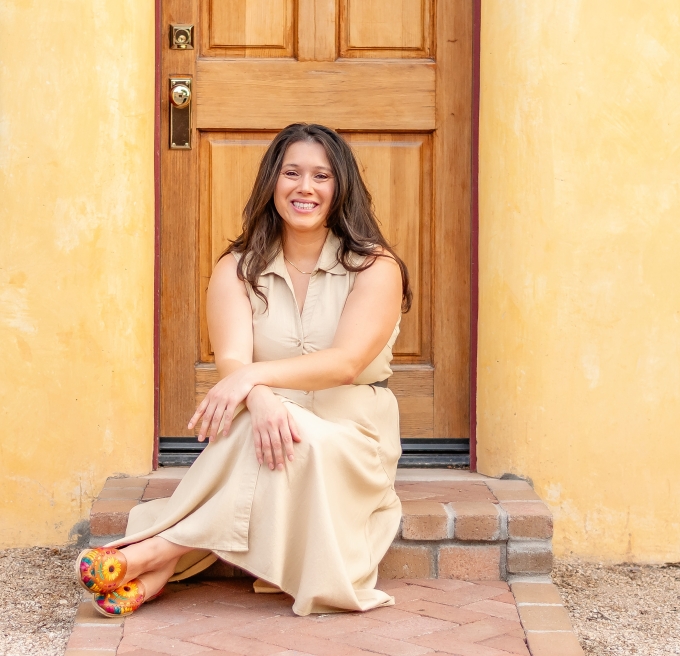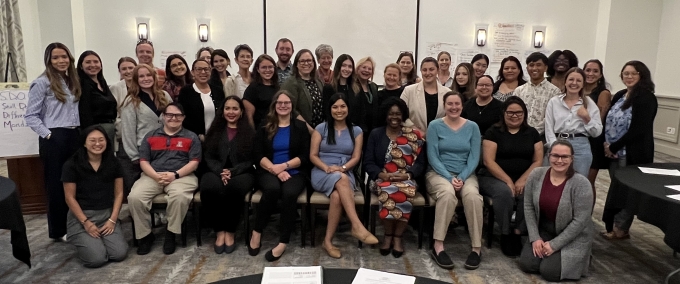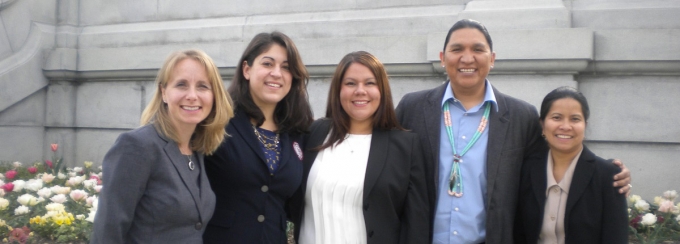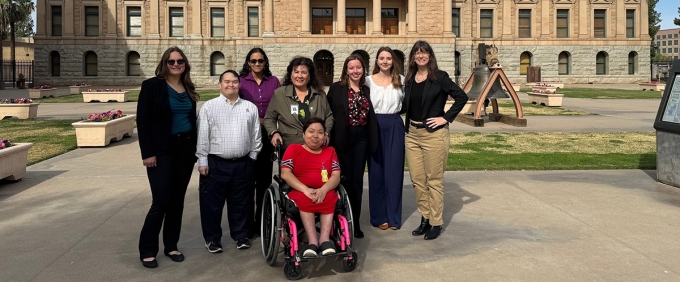News

Since completing the ArizonaLEND program in 2022, Claire Adams, has continued to champion inclusive practices in her many leadership roles in the community and within her new role as a paraprofessional at a local school district.

The clip highlights three mothers who share personal stories about the pressures and decisions that lead many women to step back from or reconsider their careers.

The ArizonaLEND program is proud to announce Chelsea Carr, PhD, BCBA-D, as its new training director. Dr. Carr brings a wealth of knowledge and experience to the role and has been a valued member of the ArizonaLEND faculty since 2021. A Board Certified Behavior Analyst, she has extensive expertise supporting families of children with neurodevelopmental disabilities and earned her doctoral degree in Special Education with an emphasis in Applied Behavior Analysis.




